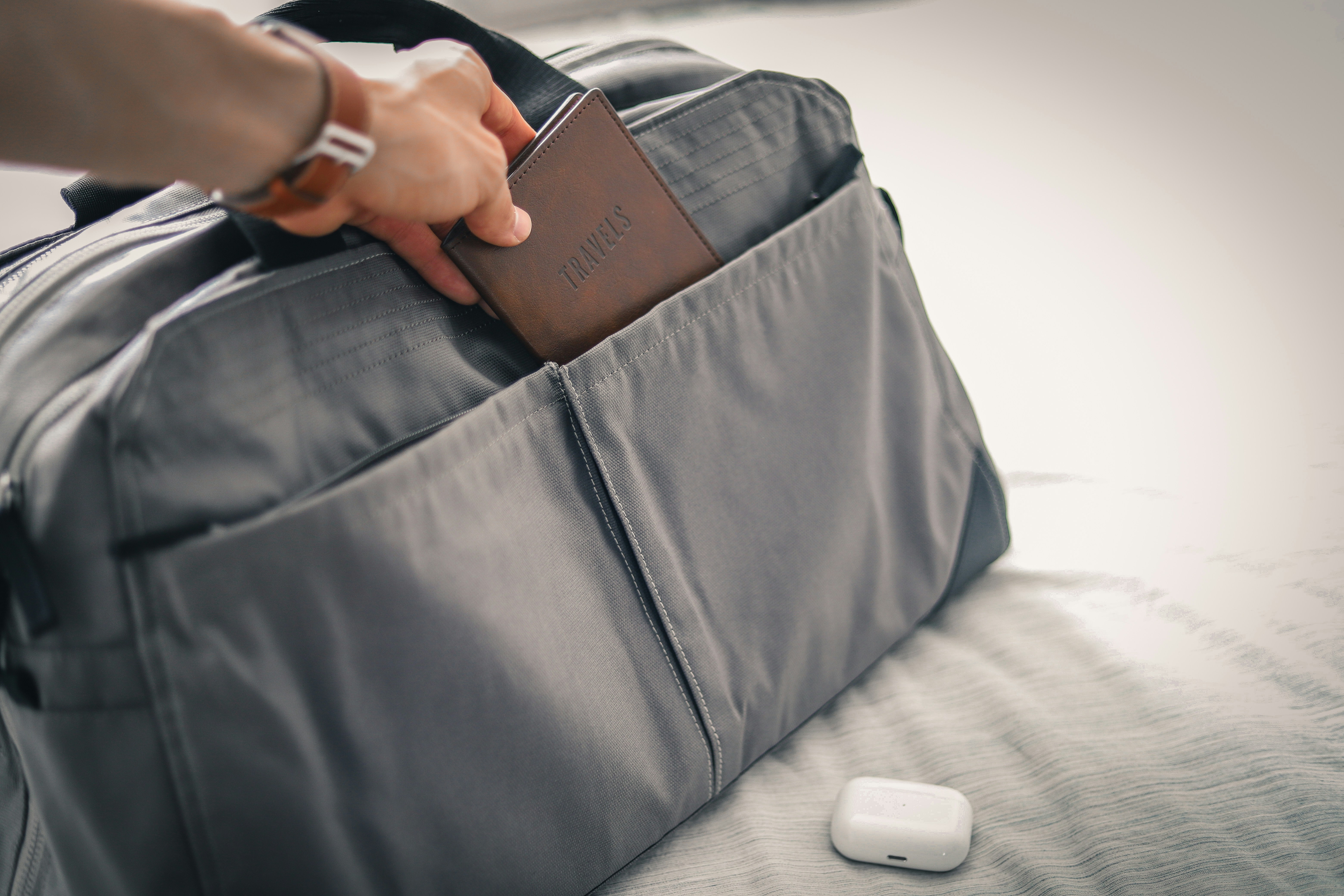Ways You Can Get More Out Of Your Sleep With The Same Amount Of Hours
Sleep is a major component of overall well-being, yet many of us struggle to make the most of the hours we spend in bed. Whether you’re clocking in eight hours or just six, there are ways to enhance the quality of your sleep so you wake up feeling more refreshed and energized. Here are some practical tips to help you get more out of your sleep without adding extra hours to your night.
1. Optimize Your Sleep Environment
Your bedroom plays a significant role in the quality of your sleep. Start by ensuring your room is cool, dark, and quiet. A temperature between 60-67°F (15-19°C) is ideal for most people. Invest in blackout curtains to block out light and consider using a white noise machine or earplugs to drown out any disruptive sounds. Additionally, make sure your mattress and pillows provide adequate support and comfort.
2. Stick to a Consistent Sleep Schedule
Going to bed and waking up at the same time every day, even on weekends, helps regulate your body’s internal clock, also known as the circadian rhythm. Consistency in your sleep schedule can make it easier to fall asleep and wake up naturally, leading to better overall sleep quality.
3. Create a Relaxing Bedtime Routine
Establishing a calming pre-sleep routine signals to your body that it’s time to wind down. This could include activities like reading a book, taking a warm bath, practicing mindfulness meditation, or gentle stretching. Avoid stimulating activities like checking emails, watching intense TV shows, or scrolling through social media right before bed.
4. Watch What You Eat and Drink
What you consume before bedtime can significantly affect your sleep. Avoid heavy meals, caffeine, and alcohol close to bedtime, as they can interfere with your ability to fall and stay asleep. Instead, opt for a light snack if you’re hungry, and stay hydrated throughout the day to avoid waking up thirsty in the middle of the night.
5. Limit Exposure to Blue Light Before Bed
Blue light emitted by phones, tablets, computers, and even LED lights can disrupt your sleep by suppressing the production of melatonin, the hormone that controls your sleep-wake cycle. Try to reduce screen time at least an hour before bed or use blue light filters on your devices to minimize its impact.
6. Exercise Regularly—But Not Too Close to Bedtime
Physical activity is known to improve sleep quality, but timing matters. Aim to exercise earlier in the day, as working out too close to bedtime can have the opposite effect by increasing your energy levels. A brisk walk, yoga, or other forms of moderate exercise can promote better sleep as long as it’s done at the right time.
7. Manage Stress and Anxiety
Stress and anxiety are common culprits of poor sleep. Incorporating stress-reducing techniques into your daily routine, such as deep breathing exercises, journaling, or practicing gratitude, can help ease your mind before bed. For more persistent issues, consider talking to a mental health professional who can provide guidance and support.
8. Limit Naps During the Day
While naps can be beneficial, especially if you’re sleep-deprived, they can also disrupt your nighttime sleep if not managed properly. If you need to nap, try to keep it under 30 minutes and avoid napping late in the afternoon to prevent interfering with your regular sleep schedule.
9. Stay Mindful of Your Sleep Position
Your sleep position can impact the quality of your rest and even your health. For example, sleeping on your back with your head slightly elevated can reduce acid reflux and promote better spinal alignment. If you’re a side sleeper, placing a pillow between your knees can help keep your spine aligned and reduce lower back pain.
10. Consider Natural Sleep Aids
If you’re still struggling to get restful sleep, natural sleep aids like melatonin supplements, valerian root, or chamomile tea might help. However, it’s essential to consult with a healthcare professional before trying any supplements, especially if you’re taking other medications.
Quality sleep is within your reach, even without extending your hours in bed. By making small adjustments to your lifestyle, environment, and habits, you can significantly improve your sleep quality and wake up feeling more refreshed and ready to take on the day. Remember, it’s not just about the quantity of sleep you get but also the quality that counts.












Post Comment